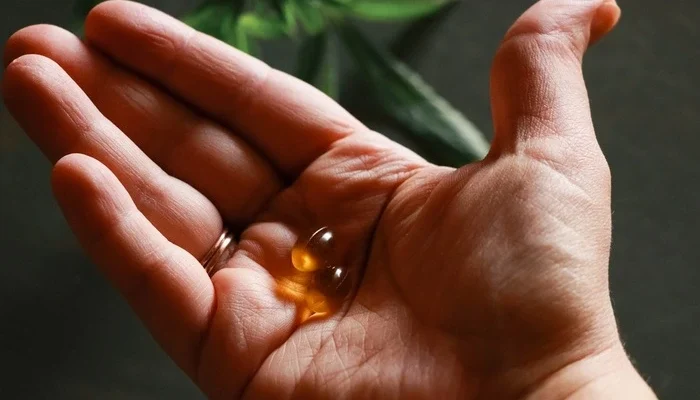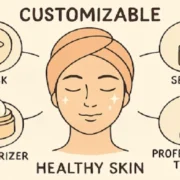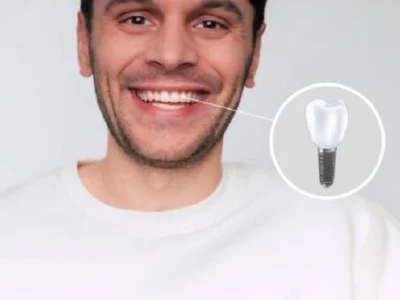Often misunderstood because of its close relation to cannabis, cannabidiol (CBD) has gone mainstream. The substance is the preferred treatment for people wanting to forgo science-based medicine for more traditional methods.
But CBD hasn’t entered the conversation without its fair share of controversy. Despite not causing a high, the active ingredient in cannabis has its detractors. The most recent is a law that was introduced in Ohio.
Even though the law can be interpreted in different ways, it’s best to err on the side of caution instead of finding yourself on the wrong side.
Below, we’ll take a deep dive into CBD law in Ohio and answer some important questions you may have.
Is CBD Legal in Ohio?
Not to be confused with marijuana laws, CBD regulations in the state are specific.
In short, it is legal. However, the law firm Friedman Nemecek Long & Grant says there are gray areas. In 2019, Governor Mike DeWine signed the Federal Farm Bill legalizing CBD and hemp.
Misunderstandings about CBD are prevalent. This is partly due to inconsistent legislation, making CBD’s legal status hazy. In response to the confusion, the Ohio Legislature sought to clarify laws governing hemp and CBD cultivation, production, and sale.
CBD oil and CBD extract are legal to purchase and consume in Ohio, provided it is derived from hemp and contains less than 0.3% THC. There is no age restriction on selling the product, but Gov. DeWine is working on correcting it.
Where Can I Purchase CBD Products?
Retailers, health food markets and pharmacies are some places where you can find CBD products.
Columbus, the largest city in the state, is scattered with wellness stores that stock quality products that meet regulations.
However, there are some discrepancies…
The Board of Pharmacy in the state said that the cannabis product could only be sold in places that provide medical marijuana. Vendors hit back, saying their products were protected under federal law as they were derived from hemp.
Because of the disinformation, small businesses are fighting against a growing tide of fake news and ignorance.
Brands hope to educate residents by providing comprehensive guides on CBD on their websites and eCommerce stores.
Hemp is classified as a complete protein, says Natural Life, meaning it contains essential amino acids the body needs. Many people don’t know about this fact, just one of many others.
How do I Choose a Safe Product?
Trustability scores high with consumers. It’s best to buy products from a company that’s been in business for a while with good customer reviews.
Their social media presence makes a difference. If they have a big following and actively engage with their customers, you know they have a loyal client base.
If they have an online store, check out their offerings. Is it high quality? Is it reasonably priced? Do they offer shipping?
When you need to make a choice, knowledgeable staff can help you do so. Businesses looking to make a quick buck are easier to spot as their employees will know little to nothing about the product they’re selling.
The product label should clearly state what’s contained in the package. Unfamiliar with the contents? Give it a miss.
Third-party lab-tested CBD assures customers of its quality, purity and potency. It’s crucial to purchase CBD products that have been independently tested. Because the sector is unregulated, companies can lie about the quality to boost their sales.
What’s the Latest on the Bill?
Delta-8 THC has been causing quite a stir in the news. The naturally occurring chemical compound is found in hemp and cannabis plants.
It induces a slight “high,” producing a fuzzy, euphoric feeling. Delta-8 is often used to treat symptoms of depression and pain. But here’s where the debate takes a turn.
The FDA doesn’t regulate the production of delta-8. The products lack safety and quality testing, which means harmful chemicals may be used or produced during manufacturing.
In January this year, Gov. DeWine called on Ohio lawmakers to regulate delta-8 by limiting the sale of the unregulated product.
He said delta-8 was too accessible in gas stations and stores, making them easy for young people to buy.
DeWine’s comments came a month after the state’s recreational marijuana law was effected. The law allows people 21 and older to purchase and consume cannabis.
In short, he added he would be happy to have delta-8 banned altogether. On the back of DeWine’s comments, retailers argued that an outright ban wouldn’t work but instead advocated for age restrictions and plain product packaging.
According to Statista, cannabidiol product sales are set to reach $16 billion in the U.S. by 2026. The thriving industry is showing no signs of slowing down. While other states move to legalize CBD, others remain on the fence.
In the meantime, Ohio will continue to navigate the laws ruling CBD. That’s why it’s in your best interest to be aware of the latest addendums to the bill. Like any other substance, be responsible when taking it.
Revive Fitness Routine with These Proven Tips










Comments